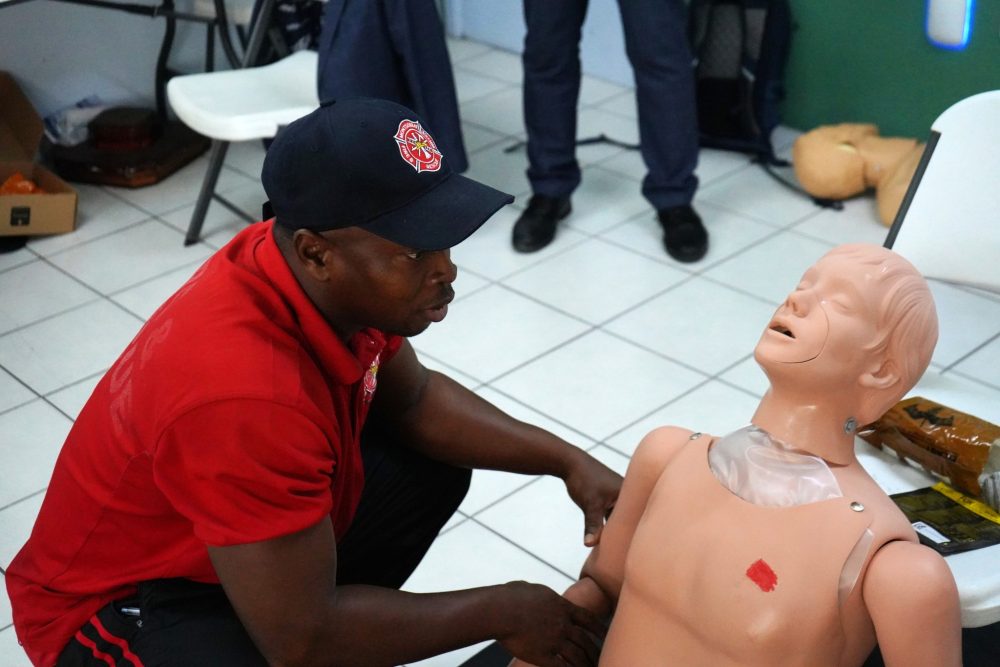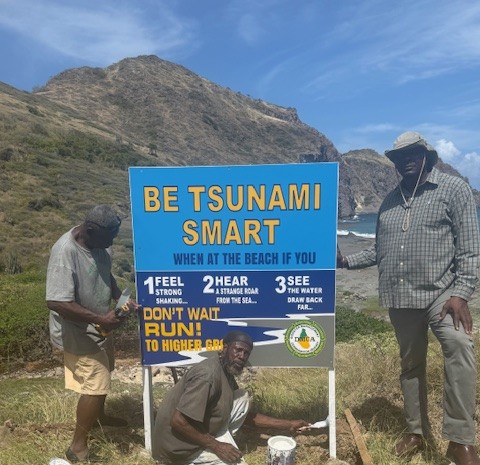The Caribbean Public Health Agency (CARPHA) has concluded that Zika virus transmission in the Caribbean Region has been interrupted, and that the risk to residents and visitors to the Region of acquiring Zika is low. This follows a review by CARPHA of the data of the last 30 months pertinent to the situation.
Zika Virus (ZIKV) was first detected in the Caribbean Region in late 2015. The number of cases increased in the first half of 2016 and reached its peak circulation in August 2016, and then declined rapidly by December 2016.
Before, during and after the introduction of the virus, CARPHA has been conducting surveillance and laboratory testing activity for ZIKV and has worked assiduously with its 26 CARPHA Member States (CMS) and partners to strengthen the ability to detect and diagnose cases; to enhance the capacity to reduce transmission of this and other vector-borne diseases; and to improve coordination and use of information for prevention.
At this time, ongoing surveillance and laboratory testing in CMS indicate that the epidemic circulation of ZIKV has been interrupted in Caribbean territories. This is based on congruency of data available from several sources and on experience of previous outbreaks of mosquito-borne viral diseases in the Region:
• Local surveillance in Member States has demonstrated both a decrease in general fever-related illness as well as a specific absence of ZIKV reports over the past year.
• CARPHA Regional Laboratory continues to test samples for mosquito-borne disease, including ZIKV, Dengue virus (DENV) and Chikungunya virus (CHIKV). These tests have shown the drastic decrease from the peak of ZIKV circulation in 2016 to a situation where no cases of ZIKV have been confirmed among samples received from any CMS over the past 12 months
• CARPHA has reached out to international public health agencies, including the Public Health Agency of Canada (PHAC) and the European Centres for Disease Control (eCDC), for information on cases of ZIKV in travelers returning from the Caribbean to Canada and Europe respectively. The data shared indicate a similar pattern to that seen in our regional data – a drastic decrease from a high-point in 2016, to sporadic cases in the immediate aftermath and no cases this year.
CARPHA advises that there is still a need to be vigilant given the ongoing risk for dengue and other mosquito-borne diseases. The Agency maintains continuous vigilance of health and disease trends and risks for residents and visitors in the Region.
We continue to work closely with other public health partners including US CDC, PAHO/WHO, tourism organizations public health agencies in Canada, the United Kingdom and the European Union to find innovative ways of mosquito control including behavior change communication and research.
Working alongside CMS we will support vector control activities and educate the public to protect the health of all within their borders. There is a need to strengthen surveillance in member states, set up registries for babies affected in the 2016 epidemic, enhance laboratory testing capacity, document the findings of countries to ensure evidence-based policy and practice and to look at ways to deal with climate-sensitive, mosquito-borne diseases.
As we work towards the elimination of the vector and their breeding sites CARPHA encourages visitors and residents to protect themselves from mosquito bites by using insect repellents, wearing protective clothing and staying in screened or air conditioning accommodations.
For further information on Zika, you may visit the CARPHA website at www.carpha.org
Discover more from Discover Montserrat
Subscribe to get the latest posts sent to your email.



